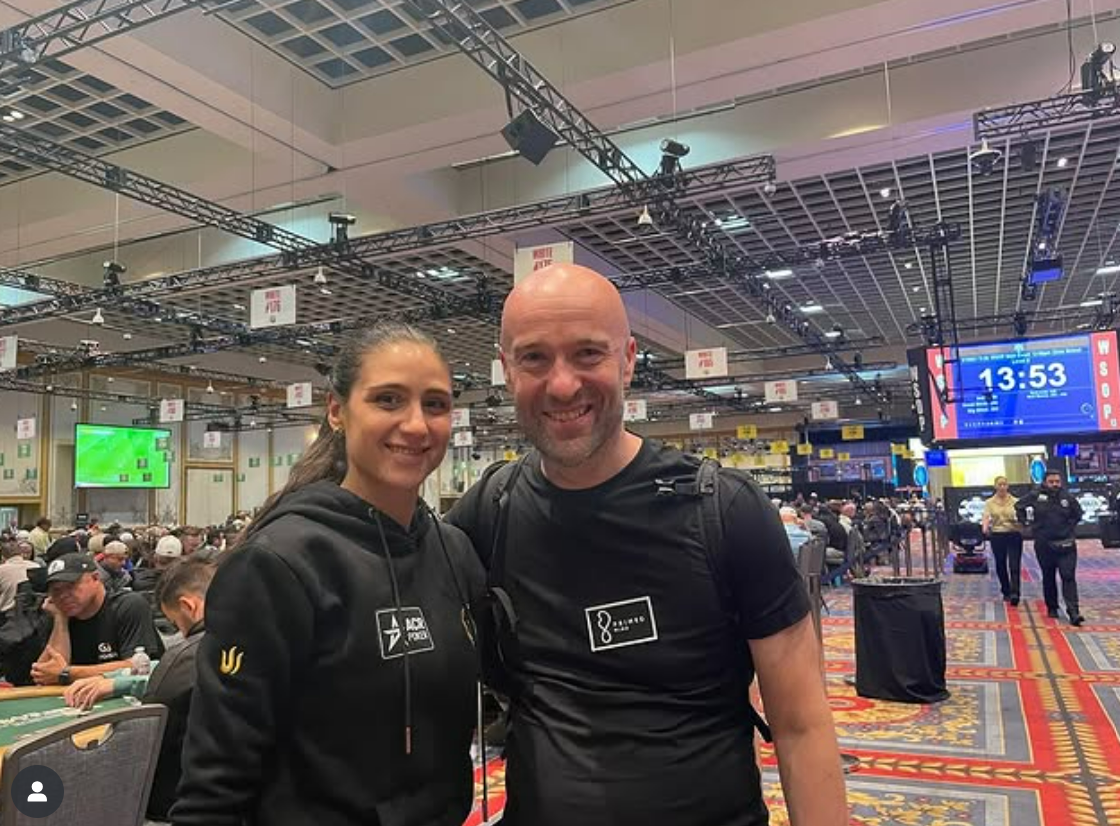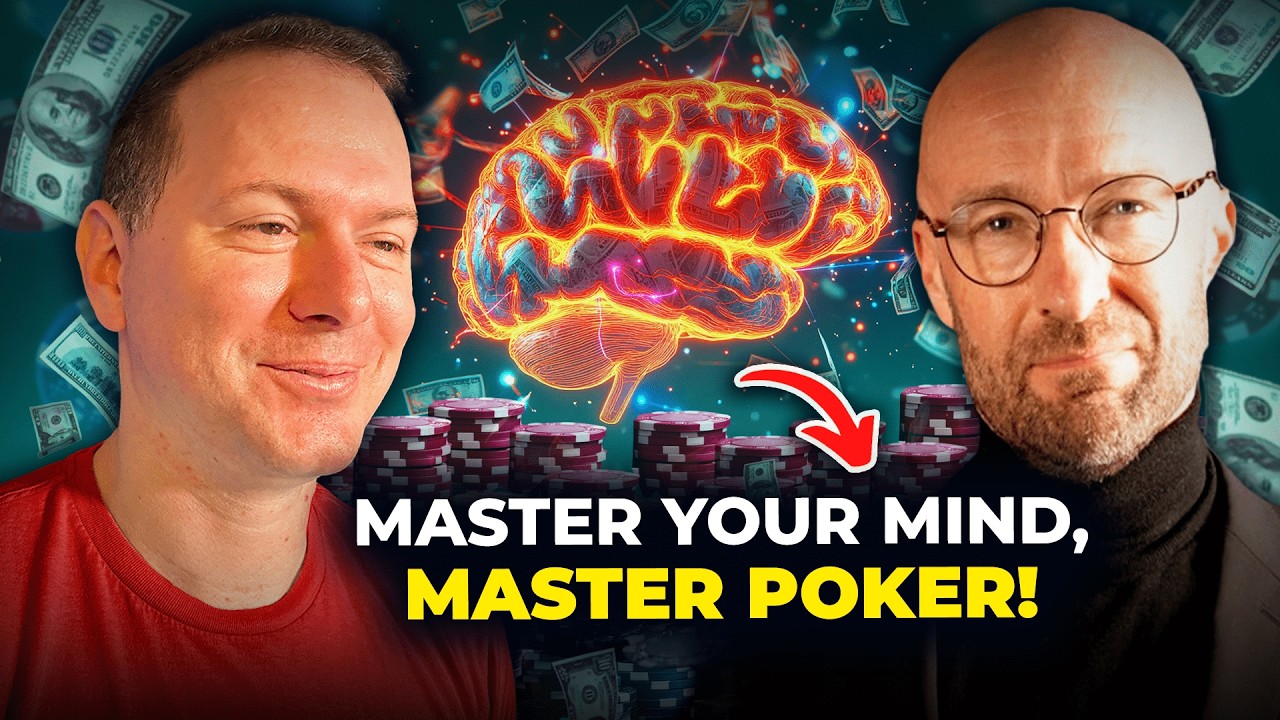From the Courtroom to River Calls
Stephen Baker didn’t start as your typical grinder. In the UK, he worked as a barrister, specializing in live court trials. Wig, gown, and dramatic performances before the judge. He loved the competition and intensity of legal cases. But as he admits, the longer he stayed, the more the job shifted from legal to managerial. “Suddenly, I was standing less in court and sitting more with budgets,” he says. With two children at home, he began considering a change.
In 2008, he discovered online poker. Initially as a recreational player, trying everything from SNGs, cash games, to MTTs. He joined an international league, made it to the live finals, and... won. The prize included entry to the World Series of Poker Europe, where he sat with names like Barry Greenstein and Daniel Negreanu. “They tore me to pieces,” he recalls. But that experience broke something crucial in him – he knew if he wanted to stay competitive, playing for fun wouldn’t cut it. He had to dive in completely, or bow out.

Poker as the New Court Case
After much contemplation, he sold his share in the law firm and decided to go all-in. With his wife’s support, he embarked on a professional poker career. Initially, he focused on cash games but soon became drawn to MTT tournaments. These reminded him most of a “court case” – a long battle, phases, strategies, and crucial decision-making moments.
However, in those crucial moments – especially on the river – he began experiencing a serious problem. He had the knowledge. He knew he should fold against a raise in an under-bluffed spot. Yet, he would still hit call. Stephen admits that at a certain point, technique alone wasn’t enough. His decision-making was hijacked by an autopilot driven by emotion rather than logic. This led him to work with coach Elliot Roe, a well-known hypnotherapist who collaborates with poker and sports elites.
“It’s not about show or manipulation,” he explains. “It’s about getting the mind into a relaxed state open to new patterns. There, you can rewrite old reactions.” In one session, he recalled a childhood experience that left a strong emotional imprint. This memory subconsciously prevented him from folding, even when he knew he should. Once processed, his behavior immediately changed.
“Since then, I no longer felt the urge – I could finally fold without regretting it later.” Today, Baker is convinced that most players fall into this trap – they know what to do but don’t do it. “Technically, they might be 80 out of 100. But if they feel off that day, if they’re tired, under pressure, or haven’t dealt with personal triggers, they play like a player rated 50.” Thus, Baker combines technique with mental training. He teaches players to build simple heuristics and automate them into the subconscious with audio scripts and visualizations.

Flow as an Edge
A key topic in the podcast was the ability to enter the so-called flow state – a state where players don’t overanalyze or get stuck on a card or spot. “Flow isn’t autopilot. It’s relaxed, alert concentration. You're not overwhelmed with information – you sift through only what’s essential.”
In the flow state, a player can continue after a tough spot (e.g., a difficult fold with a top set) without losing focus or descending into tilt thoughts. Baker insists flow can be trained – but it requires overall lifestyle, sleep, nutrition, and conscious rest.
The community often harps on “never miss a Sunday.” Baker challenges this: “If you’re 22, single, and full of energy – sure. But if you have a family, kids, or declining performance, a break can be +EV.” According to him, a sustainable career isn’t about the volume you play weekly, but about consistently playing your best poker. And that doesn’t happen when you’re mentally burned out.
Online Poker and Loss of Trust
In the podcast, Baker also spoke openly about the state of the online environment. According to him, the biggest threat is bots and platforms that fail to address them. “Some sites seem to have surrendered. That’s very dangerous. Players aren’t stupid – if they don’t feel trust, they’ll leave.”
He praises networks that invest in security and demonstrate their commitment to fairness. This is also why he increasingly prefers live poker, where he finds not only safety but also community, camaraderie, and a real atmosphere.
Source: Podcast Chasing Poker Greatness – Stephen Baker, IG https://www.instagram.com/stephenbakerperformancecoach/




